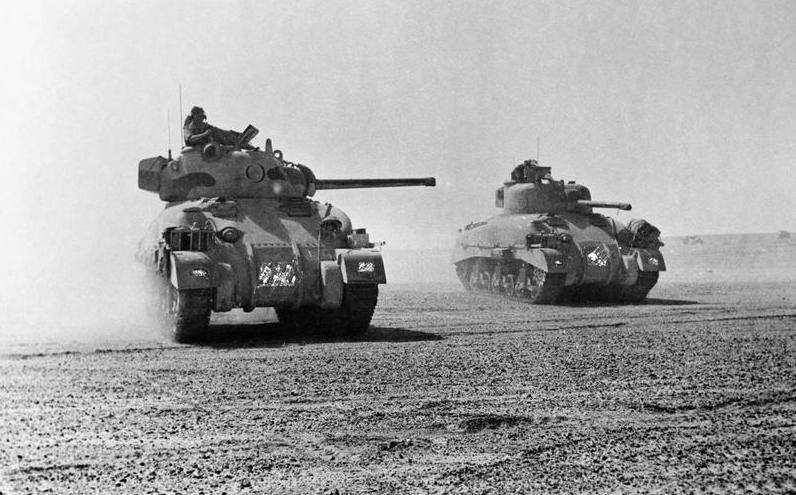Seventy-four years is too long a time to hold onto a grudge, and so when 95-year-old German Leutnant, Gunter Halm met up with 96-year-old British Rifleman, Victor Gregg, there was much talk of war but no talk of animosity – that time was well behind them.
The two WWII veterans were at Salisbury, attending the Chalke Valley History Festival, where each of them gave an address – at times becoming quite emotional when talking about some of their experiences during their war service.
Victor was only 18 when he joined the British army in 1937. He served in the Rifle Brigade in India and then in Palestine. After the outbreak of the war, he found himself in the Western Desert, and was active at the Battle of El Alamein in 1942.
He recounts a particularly distressing incident where he witnessed the death of a close friend, which enraged him so much that he wished to revenge himself on the enemy. Frankie Blatt, whose truck was carrying replenishment mortar bombs to the front line, was blown up, not 40 metres away from him, by a direct hit.
Victor had rushed to help his friend, relieved to find he was sitting up at the wheel. He tried to help him out of the wreck only to find – to his horror – that his friend had literally been blown into two pieces. It was a dreadful experience for this young man. It is no wonder that his horror, sadness, and anger turned into a wish for revenge on the enemy.
Leutnant Gunter Halm was called up for duty by the Wehrmacht in 1941 when he was 19, and was only 20 when he was posted to Rommel’s Afrika Corps where he, too, was soon involved at the Battle of El Alamein. He, with his crew, was manning an anti-tank gun when it took a direct hit.
Although two of his crew had been injured, he managed, with tremendous precision and timing, to successfully destroy a total of seven British tanks within the space of six minutes. For this achievement, he was awarded the Knight’s Cross, the highest German honour for bravery, thereby becoming the youngest recipient of this award.
Both the British Rifleman Victor Gregg and the German Leutnant Gunter Halm had had to endure the trauma of seeing comrades killed, and had experienced at first hand the general carnage caused by war, as they fought against each other, on different sides. Both of these men were survivors of the Battle of El Alamein; both went on to fight for their respective sides in Europe and both were captured in 1944 and became prisoners of war.
Those of us who have been fortunate enough never to have experienced war may find it difficult to understand the camaraderie which develops between people who have. Perhaps this camaraderie develops out of being able to share these traumatic experiences with someone who can deeply relate to them.
Victor made a comment which sums up this idea: “he had been on one side trying to kill me, and I was on the other trying to do the same [but now] there is no animosity whatsoever between us. We have both had a hard time of it.”
So we find, 74 years after the war, and using a translator (Gunter spoke no English), these two WWII ex-servicemen, who had fought for opposite sides at El Alamein, could now sit next to one another, enjoy a glass of wine and greet each other with a friendly handshake.
